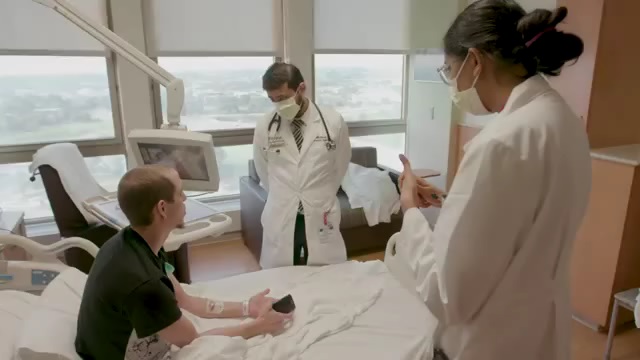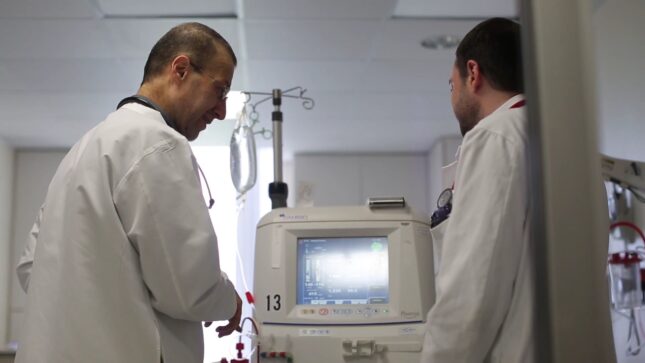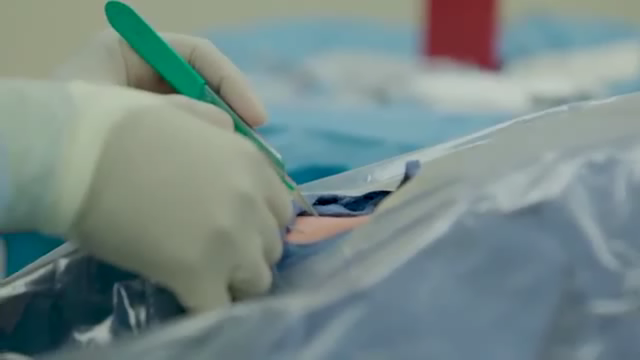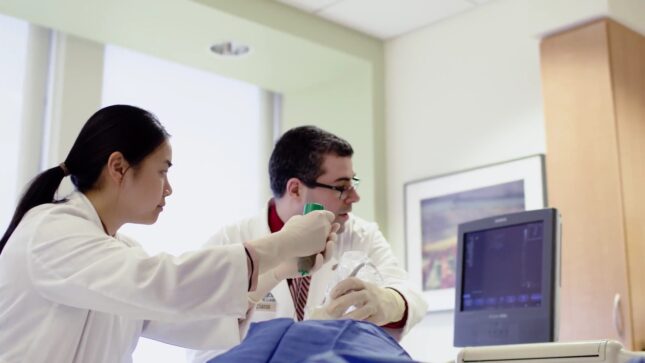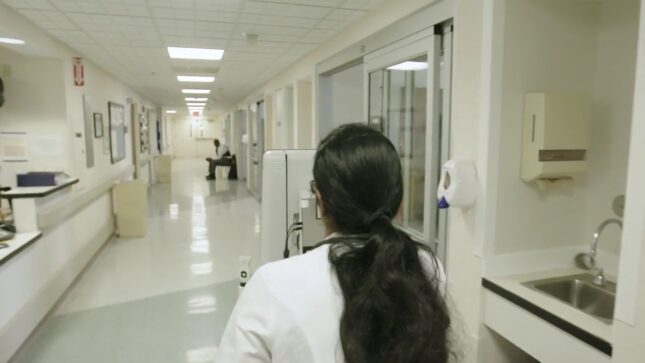Inpatient Service Time
Fellows spend a total of about 52 weeks on our inpatient services over the course of the two year fellowship. While on consult service, fellows do not take overnight call because we have a night float system.
In-Patient Consult Service
The consult service covers all nephrology inpatient consults within Barnes-Jewish Hospital (North and South Campus). There are three consult services that provide fellows with the opportunity to see patients in a variety of contexts. This includes renal consults in medicine, surgery, oncology, obstetrics, and multiple intensive care units (MICU, SICU, CCU, CT-ICU, NICU, Onc-ICU). Non-teaching cases are staffed by both a nurse practitioner and attending physicians.
Walk rounds with the attending typically begin at 8 am, with teaching/sign-out rounds at 1 pm in the 8th Floor Wohl Conference Room. The average census is 18-24 patients per team. Renal Fellows are capped at 20 patients per day, with the balance seen by the resident or, alternatively, the attending. The Night Float Rotation provides home call coverage for new consults between 4 pm – 7 am
Hemodialysis Service
The primary responsibility on this service is to cover chronic hemodialysis patients within our system. This service cares for patients receiving outpatient dialysis at the Chromalloy American Kidney Center with weekly attending rounds as well as inpatient consultative care when these patients are admitted to Barnes-Jewish Hospital. The average inpatient census is 8-10 patients.
Transplant Service
There are two fellows on the transplant service each block. Typically, one is a general nephrology fellow and the other is a transplant nephrology fellow. Patients are co-managed with the transplant surgery team. This service also provides in-patient consultative service for acute kidney issues in patients with solid organ transplants other than kidneys. The average census is 16-24 patients. Overnight, most coverage is handled by the internal medicine hospitalist service, although questions specifically relating to the kidney or about a new or recent transplant are directed to the fellow on-call and may require the fellow to come in to evaluate the patient. This most commonly occurs when a deceased-donor kidney becomes available after-hours and the fellow is required to prepare a recipient prior to the operation. Call alternates between the two fellows on service.
Procedure Fellow
The procedure fellow serves as the “backup” for fellows on service. There are four responsibilities while on this rotation:
- Triage: The fellow holds the consult pager from 8 am until noon, Monday – Friday, and distributes the new consults to the inpatient consult teams. This allows the consult teams to round on old patients in the morning without being constantly interrupted by the call pager.
- Procedures: The procedure fellow will place all hemodialysis catheters in non-ICU patients.
- Coverage: This fellow provides clinic coverage for the night float fellow.
- Additional Coverage: The procedure fellow will help see new consults when there are more than eight new consults per day.
Night Float
One fellow is always on night float, where they see new overnight consults in the hospital. This is a ‘home call’ rotation which counts toward total inpatient service time.
Outpatient Clinics
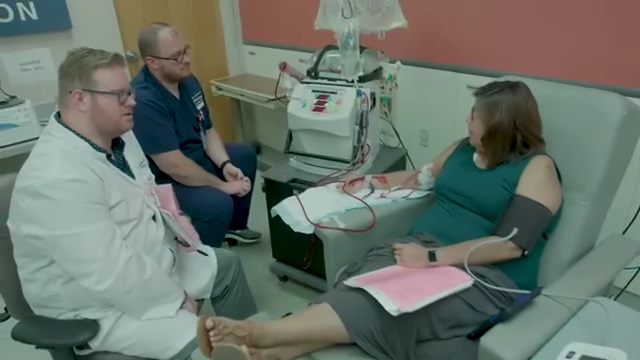
Each fellow is assigned to a weekly outpatient general nephrology clinic and a monthly home modalities clinic. In the general nephrology clinic, patients are staffed with the clinic attending and the goal is to maintain longitudinal follow-up over the course of two years. Subjects covered include chronic kidney disease, acute kidney injury, glomerular diseases, inherited diseases of the kidney, hypertension, nephrolithiasis and electrolyte disturbances.
For one half-day in the month, each fellow also participates in an outpatient home modalities clinic, with a dedicated roster of patients to maintain continuity. A structured educational curriculum prepares our fellows to manage all forms of home dialysis.
Off-service Time
The in-patient rotation schedule reflects those fellows who have an in-patient role. When off-service, fellows should use the time to read, study, and identify research mentors and projects.
Fellows also have the ability to take elective rotations:
- Renal pathology
- Interventional nephrology
- Pediatric nephrology
- Critical care
- Radiology (ultrasound and interventional)
- Global health
- Medical education
- Additional home modalities
- Clinics for the underserved
And to attend specialty clinics:
- HTN clinic
- GN clinic
- Stone clinic
- Onconephrology clinic
- Pre-transplant evaluation clinic
- Cystic Disease clinic
- Donor clinic
